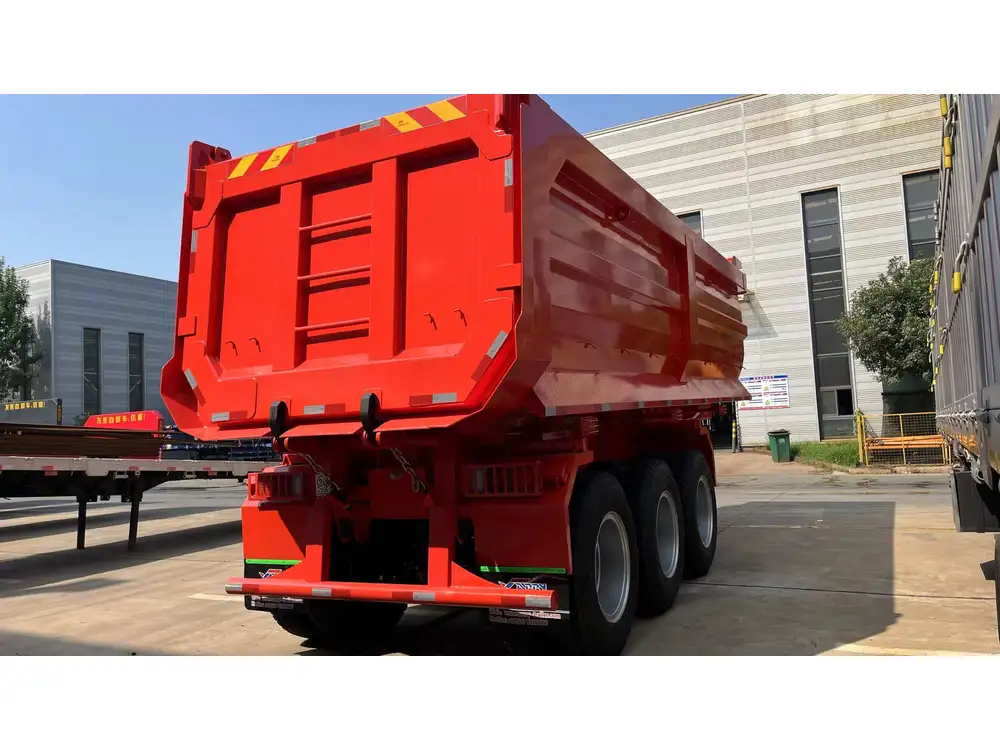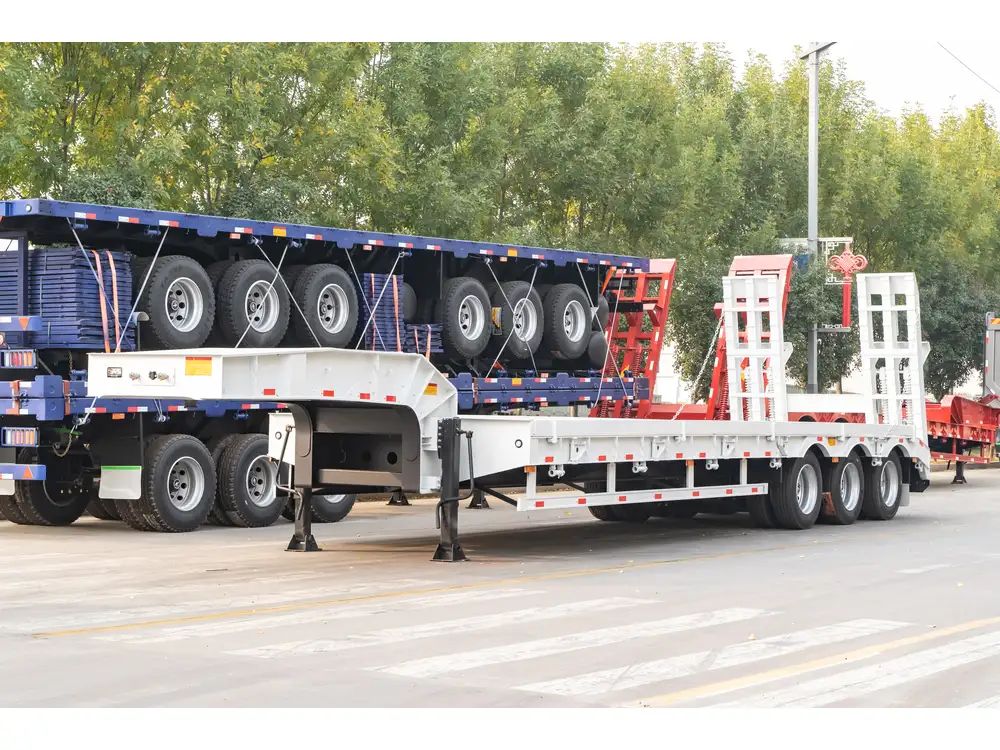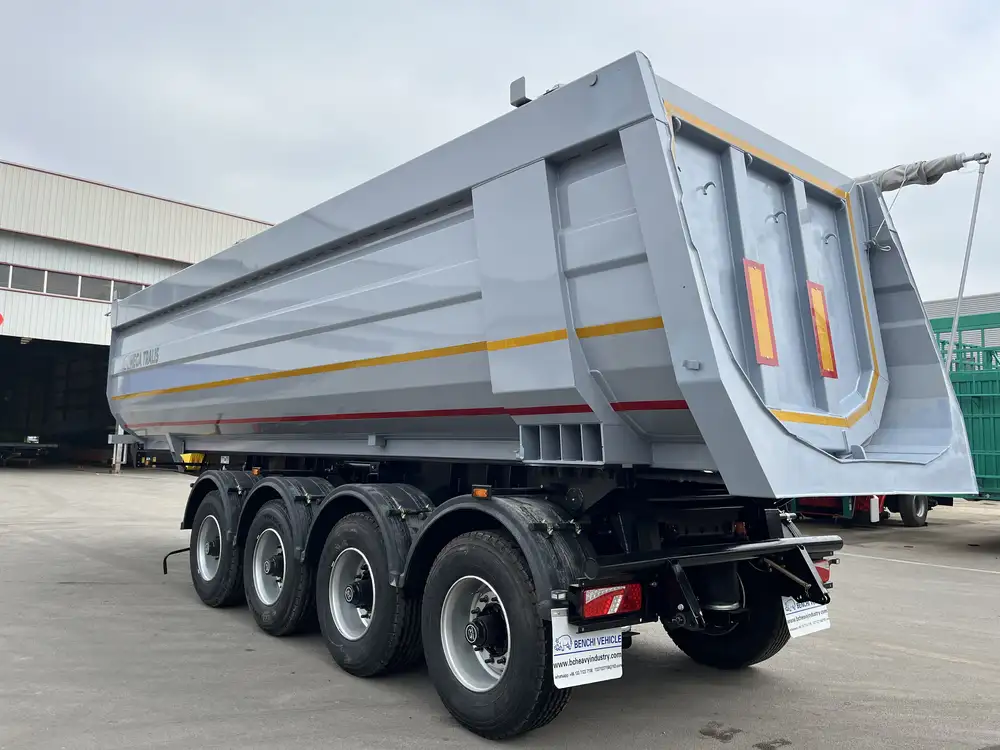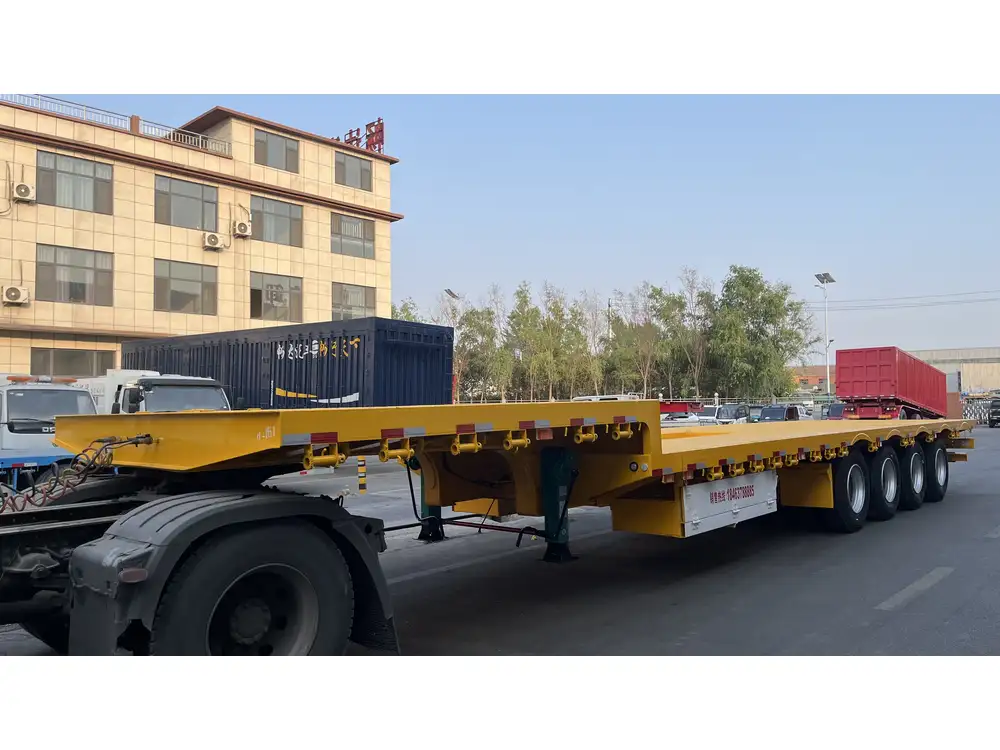Dealing with the management of black water can often feel daunting for trailer and RV owners. Black water, which contains waste from toilets, necessitates proper disposal to avoid environmental hazards and comply with regulations. In this article, we explore various options for dumping black water from your trailer, understanding where to go and what to consider, ensuring that your journey remains smooth and hassle-free.
Understanding Black Water: Composition and Importance of Proper Disposal
Black water is primarily comprised of human waste and toilet paper, which can pose significant health risks if not disposed of properly. Handling it correctly is crucial, both for your well-being and the preservation of the environment. Factors influencing disposal methods include:
- Legal Regulations: Different regions have specific laws governing wastewater disposal.
- Environmental Impact: Improper disposal can lead to pollution and contribute to water contamination.
- Health Concerns: To avoid exposure to pathogens, safe handling practices are essential.
Best Practices for Black Water Disposal
Before diving into where to dump black water, it’s vital to know the practices that ensure safe disposal:
Use Proper Equipment: Always use a high-quality sewer hose specifically designed for black water.
Regular Maintenance: Regularly empty and clean your black water tank to prevent buildup and odors.
Choose Certified Locations: Utilize sites with certified dumping stations and facilities designed for waste disposal.

Key Locations for Dumping Black Water
Knowing where to dump black water can be a game-changer for your RV or trailer experience. Here are some of the most accessible options for black water disposal.
1. RV Parks and Campgrounds
RV parks and campgrounds are the most popular and accessible places to dump black water. Most of these facilities have dedicated dumping stations equipped to handle waste safely. Many parks offer:
- Full-Service Amenities: Including electric, water, and sewer connections.
- Cost-Effectiveness: Some parks include dumping facilities in their fees, while others may charge a small fee per dump.
2. Rest Areas and Service Stations
Many rest areas, especially those along highways, have designated black water dumping facilities. When utilizing these spots, keep in mind:
- Availability of Facilities: Ensure the rest area is equipped with a dumping station. Not all facilities provide this service.
- Cleanliness and Maintenance: Check for cleanliness before use, as poorly maintained stations can pose health risks.

3. Municipal Wastewater Treatment Facilities
Some municipalities allow RV and trailer owners to dump black water at public wastewater treatment facilities. Here’s what to consider:
- Permits and Fees: Some locations may require permits or charge fees for use.
- Check Regulations: Always verify if dumping is permitted before making the trip.
4. Marine Sanitation Devices
For those who frequent marinas or boat launches, marine sanitation devices (MSDs) offer an alternative. Typically designed for marine environments, many provide dumping services for RV owners as well. Factors include:
- Boat Launch Accessibility: Ensure that the device is accessible even if you’re not launching a boat.
- Compatibility with RV Equipment: Confirm that your hoses can connect properly to their facilities.
5. Portable Dump Stations
Portable dump stations have emerged as an innovative solution. While not as widespread, they provide the flexibility of black water disposal in various locations. Key points:
- Mobile Units: Can be relocated to convenient spots for RVers.
- Shared Community Services: Often organized through community events or RV groups.

How to Find Dumping Locations Near You
Utilizing technology can significantly streamline your search for black water dumping locations. Here are effective methods to locate them:
1. Mobile Apps
There are several mobile applications designed specifically for RV enthusiasts, which include comprehensive databases of dumping stations. Popular options include:
- Campendium
- AllStays
- RV Dump Stations
These apps typically feature user reviews, photos, and details about the facilities available.
2. Online Resources
Websites such as the Good Sam Club and Sanidumps provide extensive lists of known dumping stations, including user ratings and tips. Utilize these resources for a broader lookup and to get insights from fellow trailer owners.

3. Local RV Clubs
Joining local RV clubs or forums can also yield valuable information. Members often share their experiences, including the best places to dump black water. Engaging with these communities fosters valuable connections and insights.
Considerations When Choosing a Dumping Location
While many locations may offer black water disposal, several factors should influence your choice:
1. Proximity
Select a dumping site that is convenient to avoid long detours. Ideally, plan your routes to coincide with dumping stations along your journey.

2. Fees
Some locations may charge fees for black water disposal. Ensure they align with your budget, especially if you’re planning to dump frequently.
3. Cleanliness
Health and safety should remain a priority. Opt for locations that display cleanliness and proper maintenance as indicators of operational efficiency.
4. User Reviews
Leverage user reviews and experiences to gauge the reliability of the dumping station. Prioritize those with favorable ratings.

Environmental Considerations for Dumping Black Water
The environment’s health depends significantly on how we manage our waste. Adopting eco-friendly dumping practices can minimize the adverse effects of black water. Here are some essential considerations:
Use Biodegradable Chemicals: When treating your black water, opt for biodegradable chemicals to minimize environmental impact.
Dump Responsibly: Never dump black water onto the ground or into storm drains, as this can contaminate water sources and soil.
Educate Fellow Travelers: Advocate for proper disposal methods among fellow RV and trailer users to foster broader environmental responsibility.
Conclusion
Understanding where to dump your trailer’s black water is crucial for responsible RV ownership and environmental care. By making informed decisions about disposal sites and following best practices, we can ensure a cleaner environment for all. Whether you choose RV parks, rest areas, or portable dumping stations, always prioritize cleanliness, safety, and compliance with local regulations. Engaging with resources like mobile apps and online communities can make your experience smoother, allowing you to focus on what matters most — enjoying your adventure.



